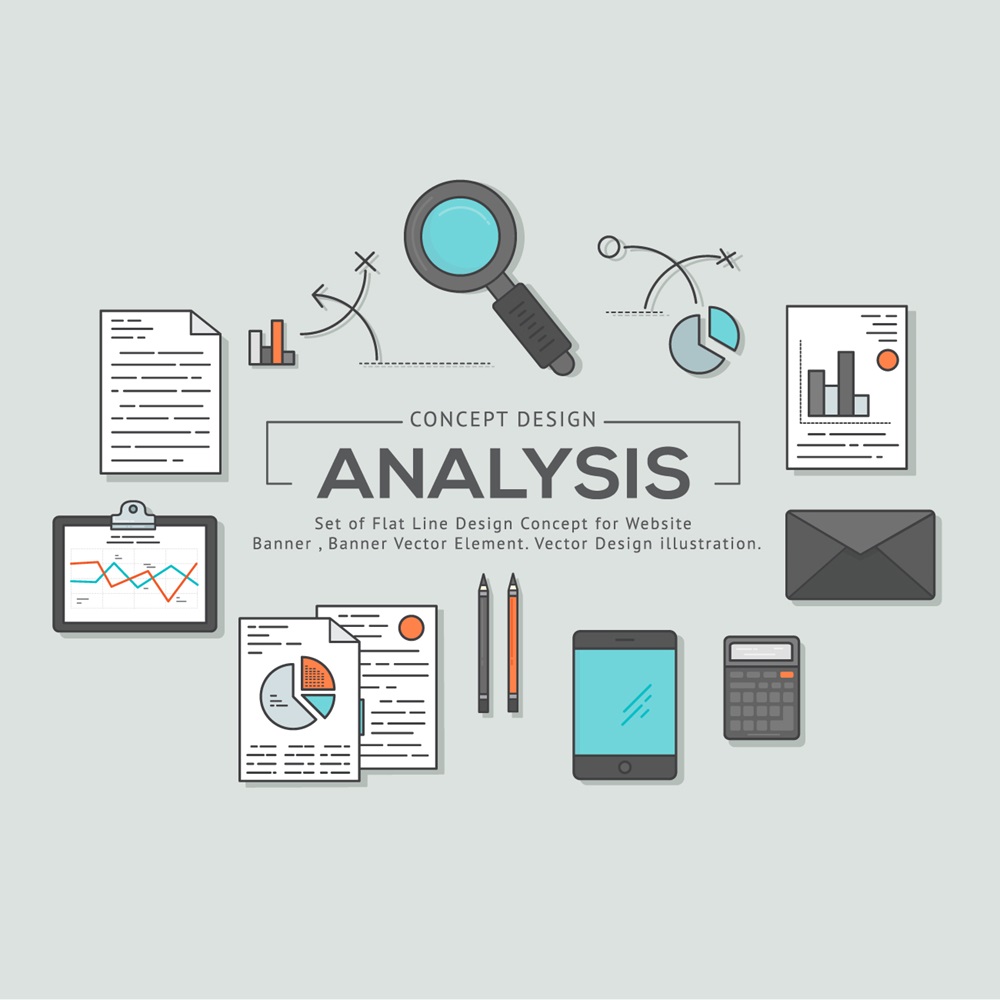
” Georgia-EU Relations
The relationship between Georgia and the European Union (EU) has significantly strengthened in recent years, marked by shared values, growing economic ties, and mutual strategic interests. Georgia, a small but dynamic country at the crossroads of Europe and Asia, has sought to integrate more closely with European institutions, viewing the EU as a key partner in its pursuit of political, economic, and social modernization.
Since gaining independence from the Soviet Union in 1991, Georgia has worked tirelessly to align itself with European standards, seeking political, economic, and cultural ties with Western institutions. Its partnership with the EU was formalized with the signing of the Partnership and Cooperation Agreement (PCA) in 1996, which set the foundation for closer relations. This agreement later evolved into the EU-Georgia Association Agreement (AA), signed in 2014, which has been a milestone in the EU-Georgia relationship, especially in the areas of trade, political dialogue, and reforms.
One of the defining features of this relationship is Georgia’s aspirations for full EU membership. The EU’s support for Georgia’s sovereignty, territorial integrity, and democratic development is central to this aspiration. Although Georgia is not yet a member of the EU, it has made substantial progress in implementing the reforms necessary for eventual membership. These efforts have been recognized through the EU’s visa liberalization for Georgian citizens in 2017, allowing free travel within the Schengen Area. This move was a significant victory for Georgia and a symbol of the country’s ongoing efforts to integrate into European structures.
Trade and economic relations between Georgia and the EU have also flourished in recent years. The EU is one of Georgia’s largest trading partners, and the Deep and Comprehensive Free Trade Area (DCFTA), which was part of the 2014 Association Agreement, has helped Georgia access the EU’s single market. The DCFTA has significantly boosted Georgia’s exports to the EU, particularly in sectors such as agriculture, wine, and textiles. Furthermore, the EU has provided Georgia with substantial financial aid to support its modernization efforts, including infrastructure development, public sector reforms, and poverty reduction initiatives.
Beyond economic ties, Georgia’s commitment to democracy, human rights, and the rule of law aligns well with the EU’s core values. The EU has played an important role in supporting Georgia’s efforts to strengthen democratic institutions and governance, especially through the provision of technical assistance and expert advice. This partnership has been crucial in improving Georgia’s judiciary, electoral system, and anti-corruption measures. Furthermore, Georgia has actively participated in various EU-led initiatives in the fields of security and defense, including the European Neighborhood Policy (ENP) and the Eastern Partnership (EaP) framework.
The geopolitical context of Georgia-EU relations is also shaped by the country’s proximity to Russia and ongoing territorial disputes. Russia’s annexation of Crimea in 2014 and its military presence in Georgia’s breakaway regions of Abkhazia and South Ossetia have heightened the country’s security concerns. In this context, Georgia views the EU as an important partner in safeguarding its sovereignty and territorial integrity. The EU has consistently supported Georgia’s position on these issues, calling for the peaceful resolution of conflicts and the withdrawal of Russian forces from Georgian territory. However, the EU’s ability to exert pressure on Russia remains limited, given the broader geopolitical dynamics at play.
In recent years, the EU has also encouraged Georgia to enhance its regional cooperation, particularly with neighboring countries such as Armenia, Azerbaijan, and Turkey. This regional engagement helps Georgia bolster its security and economic resilience while promoting stability in the South Caucasus. Furthermore, the EU has supported Georgia in its efforts to align with NATO, even though full membership in the alliance remains a distant goal due to Russia’s opposition and internal political challenges within NATO.
Looking ahead, the future of Georgia-EU relations appears promising, with both sides committed to further deepening cooperation. While full EU membership is a long-term goal, Georgia continues to pursue this objective with determination, driven by its desire for greater stability, prosperity, and integration with the European community. The EU’s support will remain crucial in this process, both as a partner in Georgia’s reform efforts and as a promoter of peace and stability in the broader region. Ultimately, the evolving relationship between Georgia and the EU will shape not only the future of Georgia itself but also the dynamics of the entire Eastern European neighborhood.Global MIPS Helmet Market Key Challenges, Growth and Opportunities
Global Mining Intercom System Market Key Challenges, Growth and Opportunities
Global Missile Decoy Launcher System Market Key Challenges, Growth and Opportunities
Global Mirabilite Market Key Challenges, Growth and Opportunities
Global Mining Wet and Dry Thermometer Market Key Challenges, Growth and Opportunities
Global Mining Unmanned Driving Market Key Challenges, Growth and Opportunities
Global Mining Personal Safety Equipment Market Key Challenges, Growth and Opportunities
Global Miniature Reduction Gearbox DC Motors Market Key Challenges, Growth and Opportunities
Europe Glycyrrhiza Glabra Licorice Root Extract Market By Application
Europe Biopharma Cold Chain Logistics Package Market By Application


